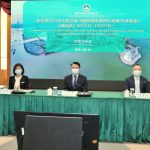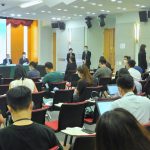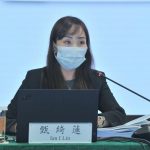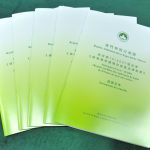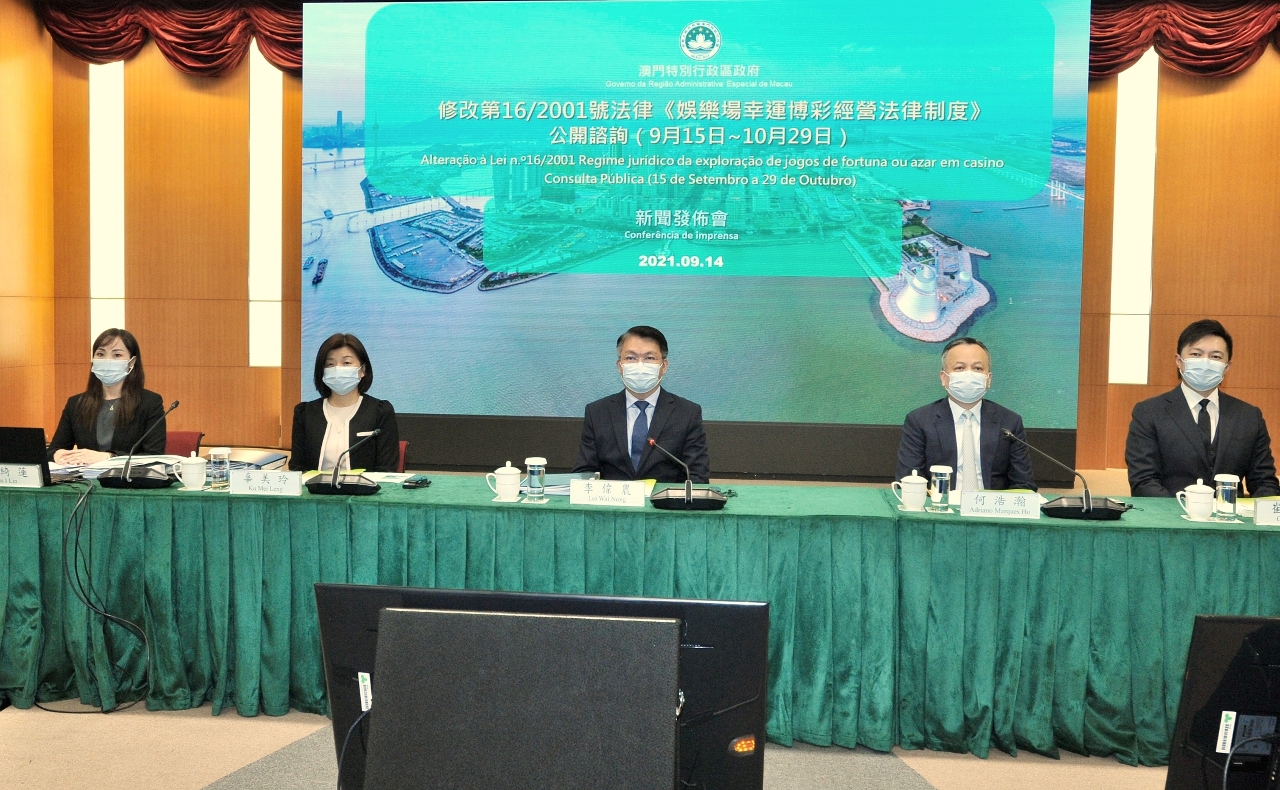 The Secretary for Economy and Finance, Mr Lei Wai Nong, attends a press conference regarding a public consultation on proposed revisions to Law no. 16/2001 "Legal Framework for the Operations of Casino Games of Fortune".
The Secretary for Economy and Finance, Mr Lei Wai Nong, attends a press conference regarding a public consultation on proposed revisions to Law no. 16/2001 "Legal Framework for the Operations of Casino Games of Fortune".
The Macao Special Administrative Region (MSAR) Government is holding a 45-day public consultation regarding proposed revisions to Law no. 16/2001 ("Legal Framework for the Operations of Casino Games of Fortune").
The public consultation starts from today and runs until 29 October. There will be five sessions, including four for the general public, to hear opinions regarding the topic.
The Secretary for Economy and Finance, Mr Lei Wai Nong, said during a Tuesday (14 September) press conference announcing the consultation period, that the Government looked forward to garnering a broad range of opinions and suggestions from all sections of Macao society. By revising the law, the Government expected to strengthen supervision of concessionaires; facilitate continued healthy development of the gaming sector; and enhance its competitiveness, therefore promoting updates to practices within the sector. These efforts would help maintain Macao’s socio-economic sustainability, while ensuring a greater contribution from the gaming sector towards the city’s development, said Mr Lei.
Law no. 16/2001 ("Legal Framework for the Operations of Casino Games of Fortune") came into force in 2001. After more than 20 years of development, the gaming sector in Macao had seen rapid growth and become the city’s pillar industry, he stated.
In 2016, the Government announced the results of a mid-term review of the gaming concessions. Findings showed the gaming sector had played an obvious active role in promoting local socio-economic development. There were, nonetheless, certain social issues that had arisen in the course of the sector’s growth, leading to some insufficiency and lag, namely in terms of the supervisory effort, Mr Lei added.
As such, the Government decided to conduct an overall review and optimisation of the existing gaming law, in an effort to advance healthy and sustainable development of the sector, while taking in account its scale and local social and economic conditions, said the Secretary.
The Government’s consultation document has nine key discussion points. They are 1) the question of the number of concessions of casino games of fortune; 2) the length of the concession period; 3) legal requirements for increasing supervision on concessionaires; 4) appropriate safeguarding measures for employment; 5) how to strengthen investigation mechanisms on concessionaires, gaming promoters, and their partners; 6) the introduction of Government representatives at concessionaires; 7) promotion of non-gaming offerings; 8) the role of corporate social responsibility; and 9) proposals regarding criminal liabilities, and on administrative penalties.
The Gaming Inspection and Coordination Bureau will hold a total of five sessions, to be conducted in Chinese, to garner community opinion on the gaming law revision proposals. The schedule is as follows:
- 20 September (Monday) 3pm – 5.30pm (dedicated session for gaming operators and gaming promoters)
- 29 September (Wednesday) 10am – 12.30pm (public session, with simultaneous interpretation in Portuguese)
- 9 October (Saturday) 10am – 12.30pm (public session)
- 13 October (Wednesday) 7.30pm – 10pm (public session)
- 19 October (Tuesday) 3pm – 5.30pm (public session)
The consultation document, in Chinese and Portuguese, is available on the Bureau’s website (www.dicj.gov.mo). Aside from via attendance at an in-person public consultation session, members of the public are welcome to express their views via either email, telephone, fax or post, or visit the Gaming Inspection and Coordination Bureau.


